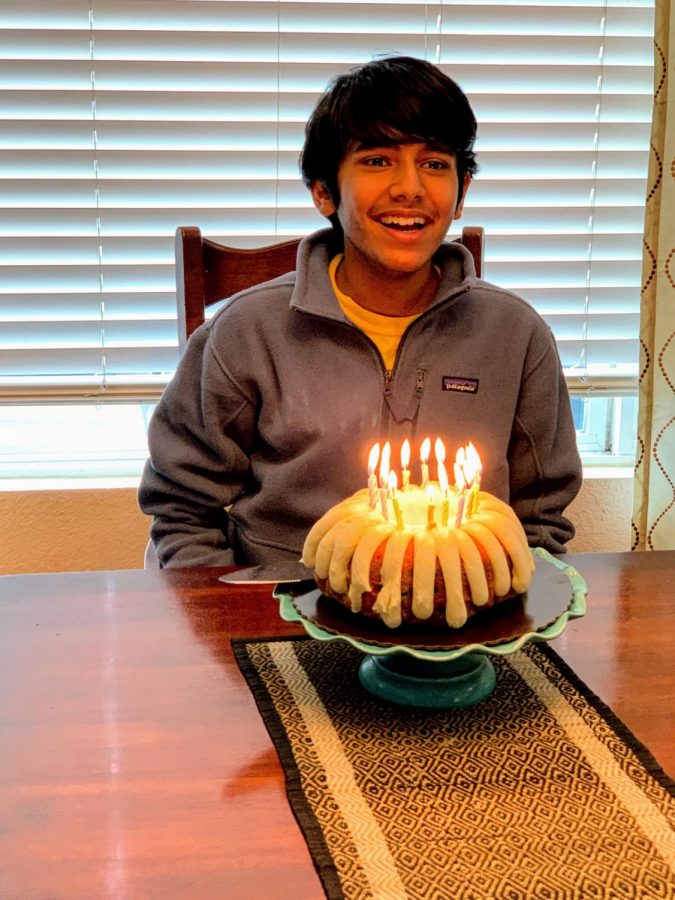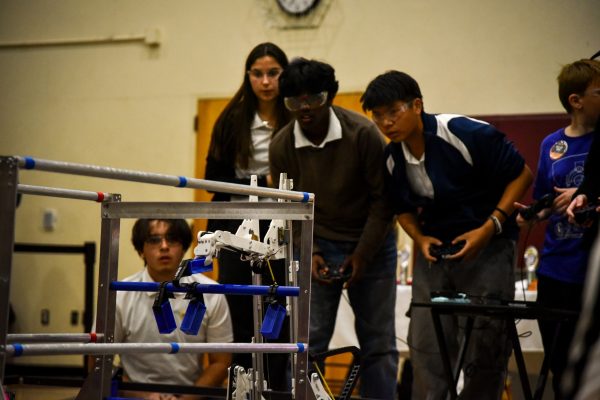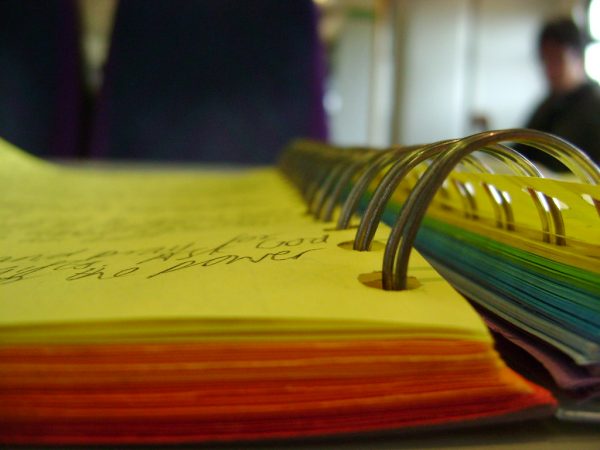A Journey with Culture in a Modern World
Cultural identity is a way many people choose to express themselves. There is no set of rules and guidelines one must follow, many individual’s culture is an abstract way they use to define their values and priorities.
Aamir Haq (11) is an example of how cultural identity can be used to express who you are. Haq is a Muslim-Indian who has had a mix of experiences related to his culture that has shaped who he is.
“[My religion] influences my actions. I try to be the best person I can be and I try to follow values. I also learned to value religion but I have also learned how to make up my own mind about things… there’s no set of rules that you have to follow through,” said Haq.
While Haq is familiar with his culture and religion, those he grew up with were not as aware. From an early age, Haq remembers how many of his friends never understood what his culture was.
“As a young kid in elementary school, no one really knew what being a Muslim was. I remember going to lunch and getting asked what religion I was…and then them not knowing what it means,” recounted Haq, “From a young age, especially at my school I was one out of a few, maybe 5 Muslims,” explained Haq.
Haq was also faced with global events that made him re-evaluate how his culture was viewed. Stereotypes against Islam and attacks targetted towards Muslims sparked vivid memories for Haq as he re-evaluted how others viewed his culture.
“When I went to the mosque after the shooting at Christchurch in New Zealand, I remember for a few Fridays… we used to have police officers and security cars outside the mosque. I definitely felt more on edge because I knew that being Muslim meant being targeted in a way,” said Haq.
Haq’s identity is constantly changing. Pressure to not stick out and fit in is a pressing issue that most students face. When many individuals do not understand different religions and cultures, the battle to fit in with others becomes harder and harder.
“When you’re the only person, or one of the only few people, that are Muslim and Indian, you feel the pressure and stress of having to convince them that I’m not what they think a Muslim is through the news. It’s also conforming to standards, I’ve definitely had to give up a part of my cultural identity to fit in,” added Haq.
The strain of a judgemental public eye is a factor that affects his identity. Pop culture spreads prejudice against Muslims that can flood into people’s views and beliefs. Haq’s cultural identity and interactions with his peers is something he has encountered for almost his entire life.
“I feel like I have to keep my emotions more in check. I try to be as not condescending as possible so people don’t perceive me as someone I’m not,” explained Haq.
Despite challenges he faced in the past, Haq continues to take pride in his culture. He finds his everyday life being changed by how his culture has shaped him.
“I am proud to be Muslim because I know I have a different perspective on life and I know that’s going to come useful in the future… through my own experiences I can shape the way others think and how they act in terms of people who are Muslim,” stated Haq.
Haq’s cultural journey is never ending. He is excited for the new experiences he will encounter due to his relationship with religion. Haq wishes to explore countries with Islam as the state religion and continue to define his cultural identity.





